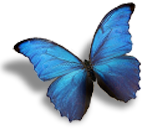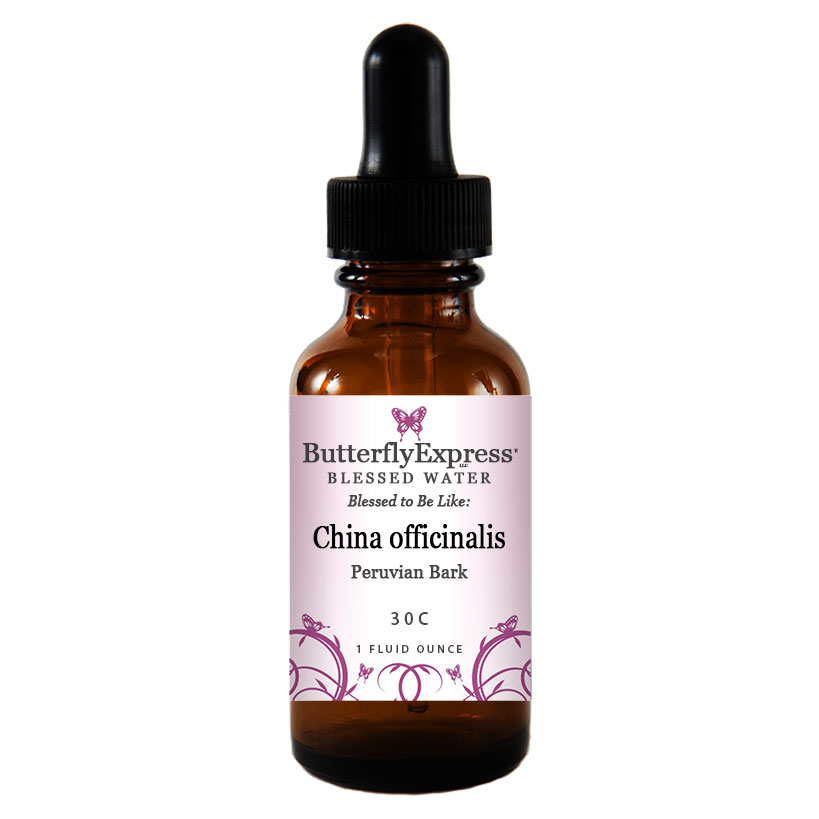China officinalis (also called Cinchona)
(Peruvian Bark)
Quinine, which is derived from this bark, was used extensively for malaria—the disease, not the miasm. (Unfortunately cinchona is a deadly poison). It was the first remedy proved by Hahnemann. Use for periodic fevers, bloating, gall bladder attacks, hepatitis and to rebalance male hormones; irritable; sensitive and very touchy with a disposition to hurt other people’s feelings; ringing in the ears; intense throbbing of head and carotids; drenching sweats at night. Hypersensitivity to pain. Patient seems to feel, and complain about, more pain than the situation warrants. Commonly used as a remedy for childhood disorders—if there is anger, complaining and irritability present. Difficulty and diarrhea when teething. Whining and clinging to mother.
(ADHD and Learning and Behavioral Disorders) These children are delicate (like a beautiful china cup) and artistic with a sense of beauty and connection to spiritual realms. They often lack self-confidence and suffer from mental exhaustion. The mind of a China child is most clear at night. In fact, they often have an abundance of ideas and clearness of mind in the evening. They may stay up late at night because of an overactive mind, or because they want to get their ideas into production. These late nights contribute to the exhaustion and fuzziness that they feel the next day. The exhaustion will likely manifest as inability to concentrate, inability to arrange thoughts, reluctance to express themselves because their thoughts are muddled, and mistakes in writing. Eventually, these children display apathy, indifference, despondency, or disobedience (they simply won’t do the things that they don’t feel they can do well enough). China is a remedy of extreme exhaustion.
(CFS) The personality picture of China officinalis makes this remedy especially appropriate for teenage boys and idealistic men who may spend time fantasizing about situations where they can shine. Frequently, the person is sensitive to noise and smells and has become introverted and touchy. This is the first remedy that is considered for hormone imbalance in men (a polycrest for men much like Sepia succus is for women).
KEYNOTES: Irritable; “touchy”; fear of animals—even domesticated animals; in men, fantasize that they are heroic but feeling is that they really aren’t as acceptable as a man; (Sepia succus is more likely to be indicated for similar feelings in women).
SANKARAN MENTALS: Fixed idea that he is unhappy because he is being persecuted by enemies.
MIASM: Malaria
COMPARISONS: Nux vomica, Natrum muriaticum, Lycopodium clavatum, Ignatia amara, Arsenicum album, Carbo vegetabilis
**All descriptions of spiritual and physical healing properties were researched and collected from various sources. This information is offered as a service and is not meant to treat medical conditions. Butterfly Expressions does not guarantee the accuracy of any of these statements.
©Copyright Butterfly Expressions 2020

